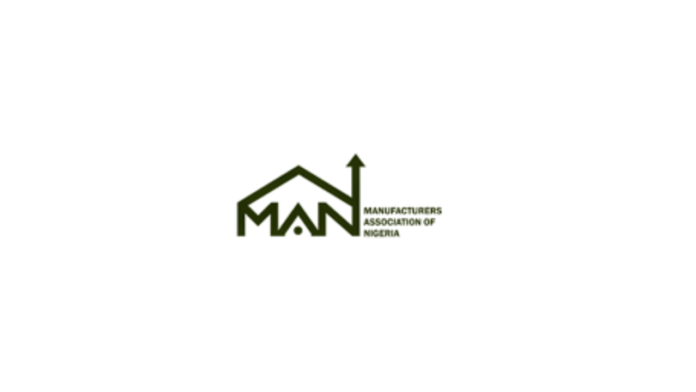Nigeria’s accelerating inflation rate is making many products unaffordable for consumers as manufacturers’ inventory of unsold finished goods rose by 12.9 per cent in six months of 2024, according to the Manufacturers Association of Nigeria (MAN).
Inventory of unsold products in the manufacturing sector rose to ₦1.4 trillion in the second half of 2024 from ₦1.24 trillion in the first half of 2024, Francis Meshioye, MAN president, said at the 2025 Presidential Media Luncheon on Wednesday in Lagos.
According to BusinessDay, Meshioye said the increase in inventory can be attributed to a weakened purchasing power of the consumers, brought about by diminishing real household income resulting from the ongoing escalation of inflationary pressures, weak naira and high interest rate.
“Inflation in Nigeria reached an alarming 34.8 percent by December 2024, diminishing consumers’ purchasing power and causing a decline in demand for manufactured goods,” he said.
“This inflationary burden also led to an accumulation of unsold inventory, which rose to N1.4trillion across the manufacturing industries,” he added.
MAN president noted that Nigeria’s manufacturing sector experienced myriad of macroeconomic and infrastructural challenges that several impacted its performance in 2024.
He stated that the sector faced mounting pressure from high inflation, a depreciating naira, rising interest rates, escalating electricity tariffs, record low sales, multiplicity of taxes and levies and militating security concerns.
These factors, according to him, collectively strained the sector’s profitability and curtailed its contribution to the nation’s GDP.
He also noted that manufacturers were hit hard with “a drastic rise in electricity tariffs, with rates increasing by over 250 percent,” saying the surge in energy costs “became one of the highest operating expenses for businesses in the sector in 2024.”
Meshioye said as a result, many manufacturers sought alternative energy sources, further straining their financial resources and complicating their ability to remain competitive.
Also, MAN president said the devaluation of the naira stifled the profitability of manufactured goods as the cost of importing raw materials skyrocketed.



